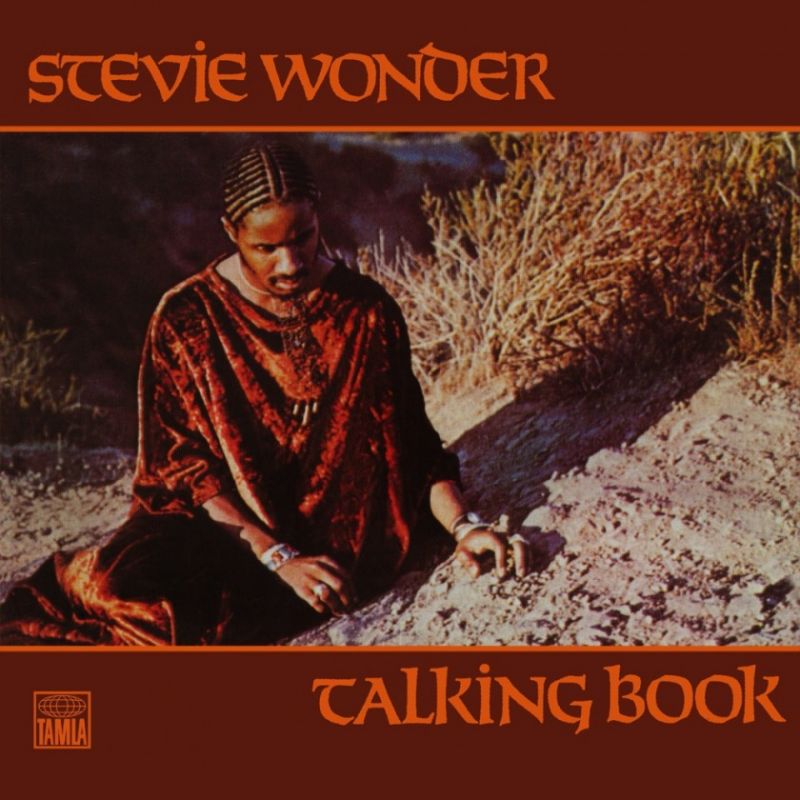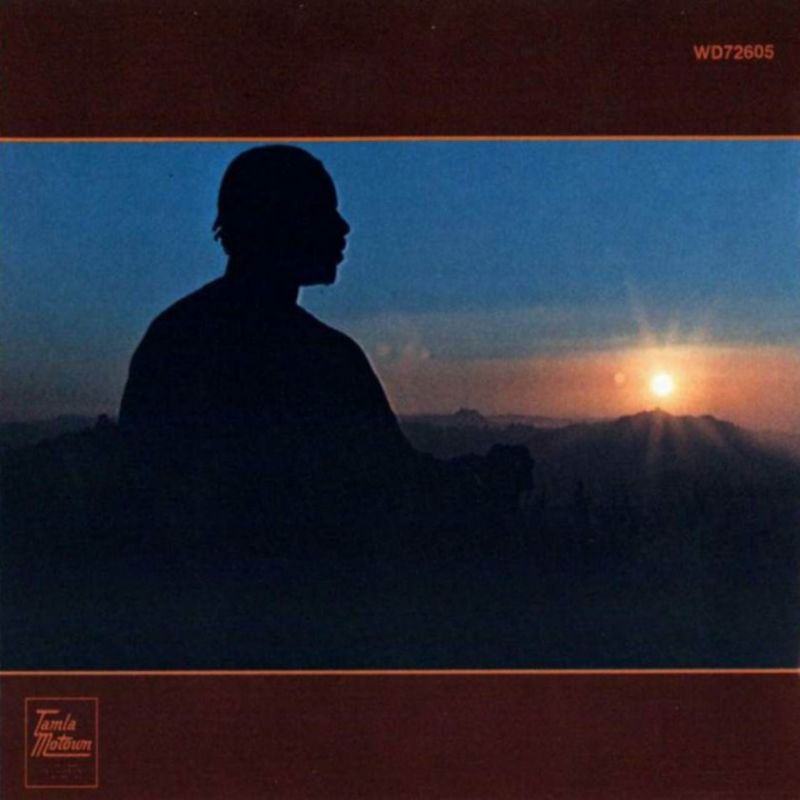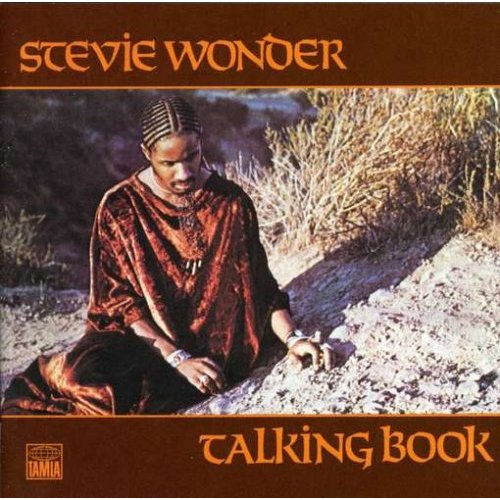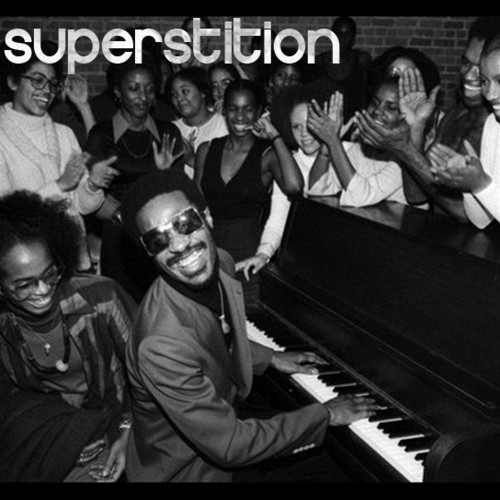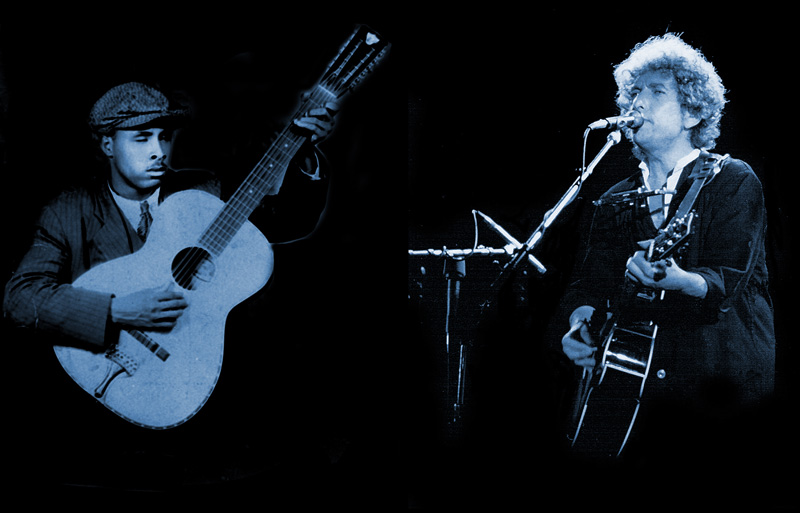
Well, God is in heaven And we all want what’s his
But power and greed and corruptible seed Seem to be all that there is
Blind Willie McTell was voted the best 80s song in our little poll, deservedly so.
“Blind Willie McTell” is a song by Bob Dylan, titled after the blues singer Blind Willie McTell. It was recorded in 1983 but left off Dylan’s album Infidels and officially released in 1991 on the The Bootleg Series Volumes 1–3 (Rare & Unreleased) 1961–1991. The melody has a resemblance to “St. James Infirmary Blues”. For the song, Dylan, seated at the piano and accompanied by Mark Knopfler on the twelve-string acoustic guitar, sings a series of plaintive verses depicting allegorical scenes which reflect on the history of American music and slavery. Each verse ends with the same refrain: “Nobody can sing the blues like Blind Willie McTell”.
Following three albums with overt Christian themes, Infidels struck most major rock critics as dealing largely with secular concerns, and they hailed it as a comeback. The mysterious exclusion of “Blind Willie McTell” complicates the story. When bootleggers released the outtakes from Infidels, the song was recognized as a composition approaching the quality of such classics as “Tangled Up In Blue”, “Like a Rolling Stone” and “All Along the Watchtower”.
Bob Dylan – Blind Willie McTell (audio, Bootleg series 1-3):
This is the spookiest important record since Heartbreak Hotel, and is built upon the perfect interweaving of guitar, piano, voice and silence – an interweaving that has the space for the lovely clarity of single notes – a guitar string stroking the air here, a piano note pushing back the distance there. And if anything, the still-unreleased performance is even better, for its more original melody (less dependent upon the conventional St. James Infirmary structure) and its incandescent vocal, which soars to possess the heights of reverie and inspiration. No one can sing the blues like Blind Willie McTell, but no one can write or sing a blues like Blind Willie McTell like Bob Dylan.
– Michael Gray
Bob Dylan – Blind Willie McTell (audio, electric version):
“One of Bob Dylan’s absolute masterpieces, “Blind Willie McTell” is the jewel of The Bootleg Series and arguably one of the finest songs ever written. Recorded in 1983 for the album Infidels, it was deemed superfluous to requirements, and all that remains is one take of the song with a full band (yet to be officially released) and this haunting demo, with Dylan playing piano with accompaniment from Mark Knopfler.”
– Thomas Ward (allmusic)
The best!
Now let’s listen to 10 very good takes on Blind Willie McTell!
Continue reading Bob Dylan’s Blind Willie McTell cover versions audio and video

